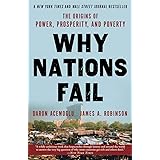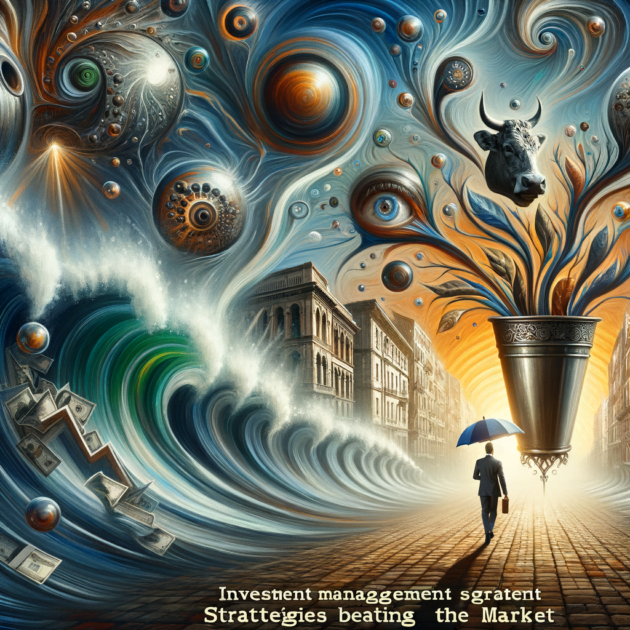Table of Contents
The Basics of Behavioral Economics
Have you ever wondered why people make certain economic decisions that seem irrational or illogical? Well, that's where the fascinating field of behavioral economics comes into play. Behavioral economics combines insights from psychology and economics to understand how human behavior influences economic decisions. It explores why people sometimes make choices that go against traditional economic theory.
- Traditional economics assumes that individuals are rational actors who make decisions based on maximizing their own self-interest. However, behavioral economics recognizes that human behavior is often influenced by emotions, biases, and social factors.
- One of the key principles of behavioral economics is that people are not always rational decision-makers. They may be influenced by cognitive biases, such as loss aversion (the tendency to prefer avoiding losses over acquiring gains) or anchoring (relying too heavily on the first piece of information encountered).
- Behavioral economics also considers the impact of social norms, peer pressure, and other external factors on decision-making. For example, individuals may be more likely to save money if they see their friends and family doing the same.
Let's take a look at a real-life example to illustrate the concepts of behavioral economics. In the early 2000s, the Canadian government implemented a program to encourage organ donation. Instead of the traditional opt-in system where individuals had to actively register as organ donors, Canada switched to an opt-out system where individuals were presumed to consent to donation unless they explicitly stated otherwise.
The results were astonishing. Organ donation rates in Canada increased significantly after the implementation of the opt-out system. This can be attributed to the concept of default bias, where individuals tend to stick with the default option rather than actively making a decision. By changing the default option to opt-out, more people were willing to donate their organs.
The Impact of Behavioral Economics on Policy Making
Behavioral economics has profound implications for public policy and decision-making. By understanding how people actually behave, policymakers can design more effective interventions to promote positive outcomes. Let's explore some examples of how behavioral economics has influenced policy in both Canada and the United States.
- Nudging: One popular concept in behavioral economics is the idea of nudging, which involves subtly influencing people's behavior without restricting their choices. In Canada, the government has used nudges to encourage healthier eating habits by placing fruits and vegetables at eye level in grocery stores. This simple change has led to an increase in the consumption of nutritious foods.
- Behavioral Insights Team: In the United States, the creation of the Behavioral Insights Team (also known as the Nudge Unit) has revolutionized the way government agencies approach policy design. By applying behavioral economics principles, the team has been able to improve outcomes in areas such as tax compliance, healthcare enrollment, and retirement savings.
Statistics show that these behavioral interventions have had a significant impact on people's behavior. For example, a study conducted in Canada found that households enrolled in a program that used behavioral insights to promote energy conservation reduced their electricity consumption by 7% compared to a control group. This demonstrates the power of behavioral economics in influencing positive change.
As individuals, we can also apply the principles of behavioral economics to our daily lives. By being aware of our cognitive biases and understanding how they influence our decisions, we can make more informed choices. For instance, if you tend to procrastinate on saving money, try setting up automatic transfers to your savings account to overcome your present bias.
In conclusion, behavioral economics offers a fresh perspective on how human behavior shapes economic decisions. By incorporating insights from psychology into traditional economic theory, we can gain a deeper understanding of why people make the choices they do. Whether it's designing public policies or managing our personal finances, behavioral economics has the potential to create positive change in the world.
I'll conclude by adding that I'm doing my best to clarify and simplify these topics. But remember that these little essays are only the beginning, and I encourage you to continue reading, learning, and exploring. To assist you, here are a few books about economics that will prepare you for your journey into the world of finance:












